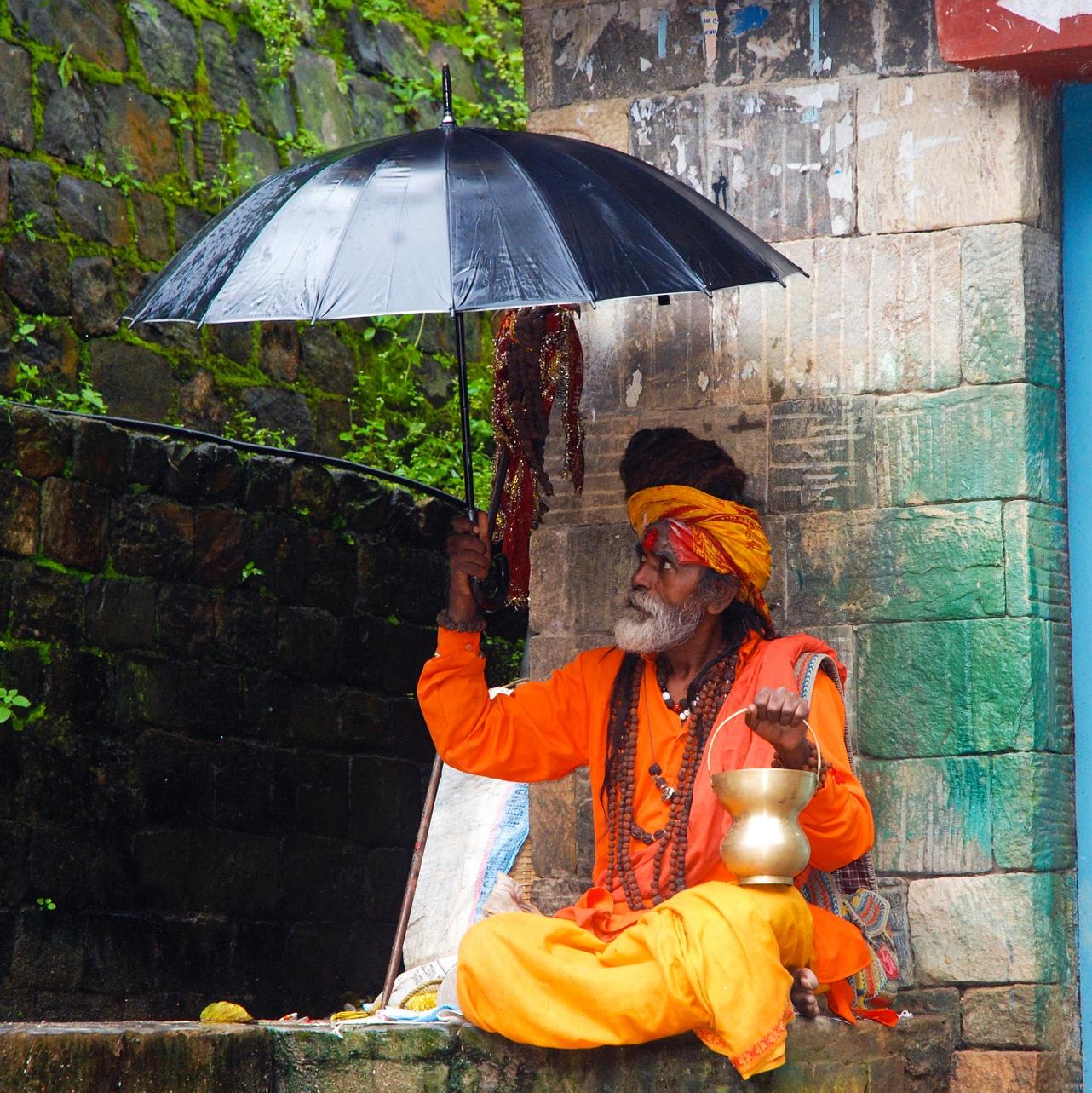The Climate
Nepal has four distinct seasons. Spring (March to May) is warm and dusty with rain showers. Summer (June to August) is largely dominated by the monsoon, when the hills turn lush and green. Autumn (September to November) is cool with clear skies and is - together with spring - the most popular trekking season. In winter (December to February) it is chilly at night and can be foggy in the early morning, but afternoons are usually clear and pleasant, although there is occasional snow in the mountains.

Temperatures
Because Nepal is quite southerly (the same latitude as Miami and Cairo), the weather at lower elevations is generally warm and the winter is quite mild, including Kathmandu at 1400m. It rarely snows below 2000m. Above 4000m the weather is always chilly, but the permanent snow line is much higher, at about 5500m.
The monsoon in the Bay of Bengal governs the weather pattern, creating a rainy season from mid-June to mid-September. During the monsoon it is hot and rains almost every day, but it is a considerable rain, limiting itself mostly to the night. During this season, clouds usually hide the mountains, the trails are muddy and infested with leeches and few people trek.
In Kathmandu, spring and autumn days are comfortable and the evenings are cool, usually requiring a light jacket or pullover. Winter in Kathmandu brings cold, foggy mornings and clear evenings, but pleasant daytime temperatures with brilliant sunshine most days after the morning fog has liftfed. It never snows in Kathmandu, although there is frost on cold nights in January and February. The hottest month is May, just before the rains start.